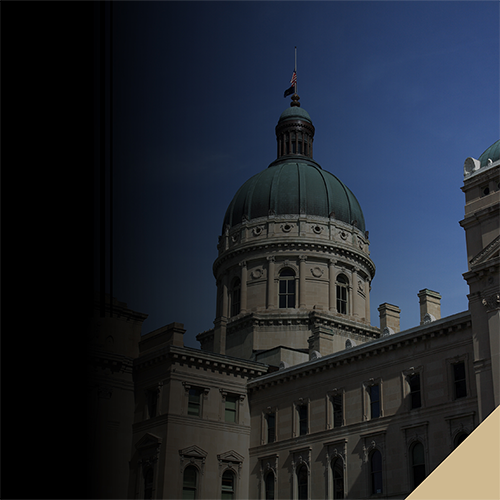Polishing Your Proposals: Insider Tips from the Beginner’s Guide to Grant Writing Program

~ by Steve Yoder, Community Development Regional Educator, Purdue Extension
As an instructor for the Beginner’s Guide to Grant Writing program, one of my favorite things to do is ask participants to share a memorable takeaway from the class. Often, what sticks with them are the various “insider tips” that they hear about during the two-day workshop. Some of the tips come from Extension Educators who facilitate the program, while others come from fellow participants who share their own experiences writing proposals. Regardless of who shares them, many of these pointers come in handy when tackling that last step of the proposal-writing process—the final review.
Your last scan of the proposal is also your last chance to catch spelling, style, and grammar errors and to make sure that the document flows in a clear and concise manner. It’s also your final opportunity to make sure that you’ve thoroughly responded to all the funder’s application requirements.
For this last step, it’s important to have already recruited a team of people who can take the time to review your draft and give feedback. This team can include co-workers, proposal partners, and board members from your organization. But, don’t just recruit the experts. One way to better ensure that your proposal will be clearly understood by the funder is to include reviewers who are not experts in the topic your proposal will address. This could be a spouse, a friend, or—as one participant suggested—a seventh-grader. Including a layperson on your review team can be helpful because the funder’s committee that will ultimately review your proposal will likely also include individuals who are not experts on this topic. And, the proposal needs to be clear to them as well.
Before sending your draft to your internal review team, do them all a favor and use an online text editor to catch any spelling, style, and grammar errors. Grammarly is one of the most popular; its free plan offers basic writing suggestions, such as spelling, grammar, and punctuation. However, to access Grammarly’s full features, a paid subscription is required. A timely tip is that, in response to the pandemic and throughout all of 2021, Grammarly is granting free access to its Premium-level features for nonprofits and NGOs that provide public services or programs for social good. Visit https://www.grammarly.com/nonprofits-ngos for details.
A final tip is one that I find especially useful, even though it may be a bit “old school.” Before I submit any proposal, I print a hard copy of the funder’s grant guidelines. I also print a hard copy of my final proposal draft. Then, I lay both documents side-by-side on my desk and grab a highlighter pen. Starting with the guidelines, I check to make sure that each request laid out by the funder is addressed in my proposal, and I highlight where that occurs in each document. At the end of this process, I should end up with two documents that are completely highlighted. If a section of the funder’s guidelines is not highlighted, I need to ensure that I didn’t forget to respond to it in my draft. Likewise, if parts of my draft are not highlighted, it may mean that I’ve included something that the funder doesn’t need to know about. It’s a simple, low-tech way to give me peace of mind before I hit the submit button.
For more information on Purdue Extension’s Beginner’s Guide to Grant Writing program, visit https://extension.purdue.edu/cdext/thematic-areas/leadership-civic-engagement/beginners-guide-to-grant-writing.html.



